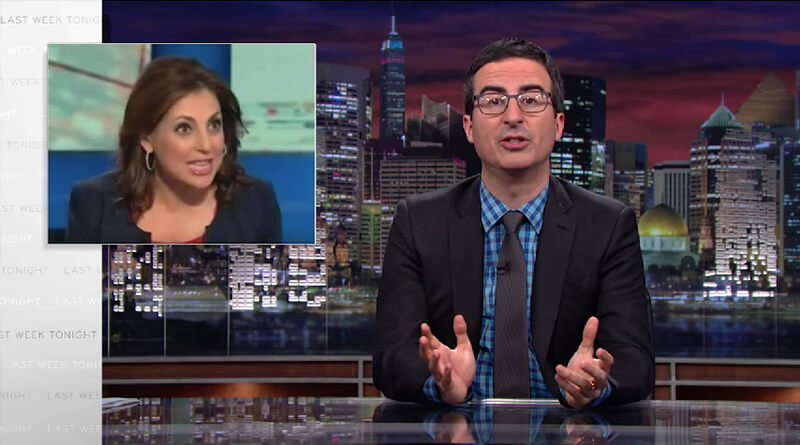Take a moment and think about what has changed in your work life, your community, your family – things that have affected your attitude and mindset over the last 18 months.
Anything from company mergers to management changes to kids going off to college. The reality is the world as we know it changes all the time, whether we want it to or not.
We know that a resilient mindset is essential for coping with change successfully and that lack of resilience is a barrier to ultimate performance. Resilience is defined as the capacity to positively manage change, adversity and stressful situations.
The question is how well do we cope with these inevitable changes? What more can we do to take care of ourselves, to survive and thrive both personally and professionally when things around us are in flux?
In other words, can we do more to control how we react to change and disruption?
Yes! In fact, a mindset for dealing with change can be taught. We can do more to control our reactions to change. To do this, the first thing we need to understand is our cognitive biases. What I mean by cognitive biases is the brain’s negative association with change. Our brains are wired for survival and to look out for threats. Change is often associated with danger at a very primitive level. The brain often has a negative bias towards change.
The good news is that your reaction to change is not fixed. It is changeable. So, we can change our instinctive reaction to change as stress by doing the following: STOP. CHALLENGE. CHOOSE.
Stop: Take a moment to reflect.
Challenge: What is really going on, am I reacting instinctively or logically?
Choose: What is the most evolved, mature, logical response?
The key here is to engage our logical brain. Train ourselves to be calm and rational while avoiding the tendency to react in autopilot mode.
So whatever change you are faced with right now, ask yourself if you are thriving or if you are allowing fear of the unknown to sabotage you.
The acronym for FEAR is False Events Appearing Real and, more often than not, your anxiety is not based on logic but rather discomfort of uncertainty. What if you could re-frame your conditioning and embrace the opportunity to face change with a different mindset? The possibilities are endless.



